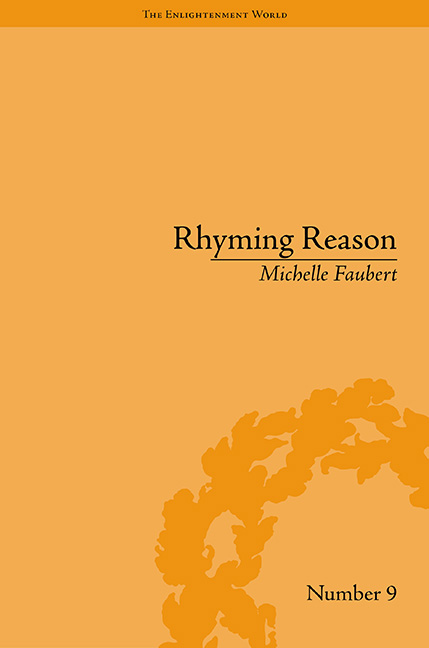Book contents
- Frontmatter
- CONTENTS
- Dedication
- Acknowledgements
- Preface: Psychologist-Poets, Disciplinary Power and the Modern Subject
- Introduction: Romantic-Era Psychologist-Poets and the Historical Context of Early British Psychology
- 1 Erasmus Darwin, James Beattie and Nathaniel Cotton as Pre-Romantic Psychologist-Poets
- 2 The Human Touch: Thomas Bakewell, Andrew Duncan Sr, John Ferriar and Moral Management
- 3 Thomas Trotter, William Perfect and Thomas Beddoes: Nervous Illness and Social Hygiene
- 4 The Unelected Legislator: Associationism and Thomas Brown's Subliminal Poetic Lessons
- Conclusion: Thomas Forster, Phrenology and the Reification of the Disciplines
- Notes
- Works Cited
- Index
3 - Thomas Trotter, William Perfect and Thomas Beddoes: Nervous Illness and Social Hygiene
- Frontmatter
- CONTENTS
- Dedication
- Acknowledgements
- Preface: Psychologist-Poets, Disciplinary Power and the Modern Subject
- Introduction: Romantic-Era Psychologist-Poets and the Historical Context of Early British Psychology
- 1 Erasmus Darwin, James Beattie and Nathaniel Cotton as Pre-Romantic Psychologist-Poets
- 2 The Human Touch: Thomas Bakewell, Andrew Duncan Sr, John Ferriar and Moral Management
- 3 Thomas Trotter, William Perfect and Thomas Beddoes: Nervous Illness and Social Hygiene
- 4 The Unelected Legislator: Associationism and Thomas Brown's Subliminal Poetic Lessons
- Conclusion: Thomas Forster, Phrenology and the Reification of the Disciplines
- Notes
- Works Cited
- Index
Summary
Perfect, Beddoes and Trotter expand our notions of the role of the psychologist in Romantic-era culture just as surely as do Bakewell, Ferriar and Duncan. In the foregoing chapter, I describe the poetry of moral managers in terms of the literature of sensibility, which is so often associated with nerve theory, and I suggest that Bakewell, Ferriar and Duncan used some of sensibility's literary techniques and forms in order to popularize their field and build their cultural identities in accordance with the characteristics already associated with the nerve doctor. In the present chapter, I will trouble further the accepted critical narrative about nerve theory by arguing that other kinds of nerve doctors existed in the Romantic period, ones who, politically speaking, had more in common with the Whiggish moral philosophers and moral managers I have described thus far than they did with the ‘doctor of society’, such as Cheyne and Francis Willis, because they did not so strenuously court the upper-classes. Moreover, their specific approaches cannot be said to be reflected in the ‘culture of sensibility’, as Barker-Benfield has called it, partly because two of them rejected these upper-class associations, and because all of them present nervous illness as madness, not sensibility. Perfect, Beddoes and Trotter show their indebtedness to the distinctly democratic culture of the Scottish Enlightenment – one of several that characterized the period, as my discussion in Chapter 1 of the classicist attitudes of Hume indicates – by addressing in poetry and prose the concerns of the wider population and less wealthy members of British society, like sailors, slaves and colonized populations, in addition to the ‘middling and affluent classes’, as the complete title to Beddoes's Hygëia states. One might call this new breed of nerve doctor a rebel because he risked offending both potential wealthy patients and their well-established doctors by associating nerves with insanity and, for Trotter and Perfect, identifying nervous illness as a problem for all classes of society, not just the rich.
- Type
- Chapter
- Information
- Rhyming ReasonThe Poetry of Romantic-Era Psychologists, pp. 117 - 160Publisher: Pickering & ChattoFirst published in: 2014



